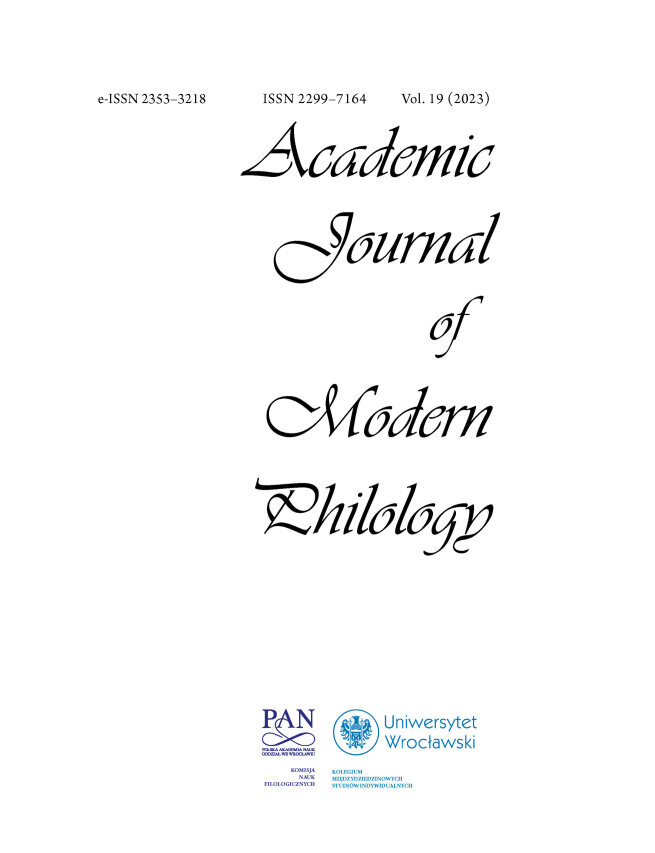“Each of Us Has a Thousand Lives”: Fragmented Selves in the Stories of Nadine Gordimer
“Each of Us Has a Thousand Lives”: Fragmented Selves in the Stories of Nadine Gordimer
Author(s): Marek PawlickiSubject(s): Cultural history, Social history, Other Language Literature, Theory of Literature, Sociology of Literature
Published by: Komisja Nauk Filologicznych Oddziału Polskiej Akademii Nauk we Wrocławiu
Keywords: Nadine Gordimer; short story; South African literature; modernism;
Summary/Abstract: The aim of the article is to contribute to a critical debate on the modernist influences in Nadine Gordimer’s short fiction by exploring her understanding of human identity in early stories (“In the Beginning” and “The Talisman” [1949]) and showing how this understanding influenced her later works (“The Correspondence Course” [1984]). It is argued that her early stories are informed by two views on identity: one continuous, coherent, and unitary, the other discontinuous, fragmented, and multiple. The latter notion of selfhood is closely associated with Gordimer’s conception of the short story as a form uniquely qualified to describe the tensions and ruptures in the lives of her characters. As it is shown, this insight into the short story, discussed at length in Gordimer’s essay “The Short Story in Africa” (1968), was derived from post-Enlightenment and post-Romantic conceptions of the self, as expressed by the modernist writers that Gordimer read extensively in her youth. The notion of a non-unitary and non-homogenous self is then applied in an analysis of a later story that concentrates on the political development of a character. In this way, the article proceeds from non-political to political stories, making a connection between topics that are seldom juxtaposed by Gordimer’s critics.
Journal: Academic Journal of Modern Philology
- Issue Year: 2023
- Issue No: 19
- Page Range: 245-255
- Page Count: 12
- Language: English

